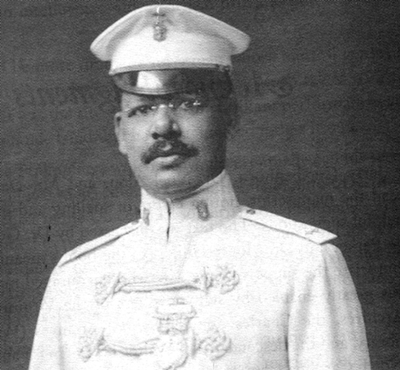I have been reading a couple of novels by William Boyd over the summer as I am a fan of his books. The one novel which really intrigued me was "The Blue Afternoon" which concerns the American- Philippine War of 1899-1902. There are effectively four plots running simultaneously in this story and I could not put it down. I had appreciated that America had been closely involved in the Philippines although I was unclear exactly how this came about. My interest piqued, I have just finished David J Sibley's "A war of frontier and empire"which deals with the conflict and neatly explains the rather underhand way in which the Americans invaded the islands in their first serious attempt to become a significant player on the world stage whilst wrestling with their own issues such as the Jim Crow Laws. As a rule I am a bit mistrustful of miliary historians and prefer those historians who employ archaeological research in their writing. Howewer, I felt that this book was fascinating because it basically succeeded in a way that Iraq and Afghanistan have failed. In the grand scheme of things, I think it is probably relatively unimportant (unless you are Filipino!) but the resonance with current affairs is intriguing, especially with the Chinese issue .
Reading further in to the subject, I stumbled across this article on line which is fascinating as it looks at the influence of American music on the Philippines and the rule of the musician Walter Loving who I had never heard of but who seems to have had a similar role in life to the likes of James Reece Europe and Will Vodery.
This was effectively a military band but I was intrigued to see just how far flung the influence of black , American musicians was even as early as 1902. Loving was an acquaintance of Sousa and this biography is quite intriguing. Not a musician who deserves to have bee overlooked and a remarakable character:-
The relationship between the US and Philippines is extremely close and it was fascinating to learn that this extended in to music as well. I seem to recall there was a jazz pianist from the Philippines in the 1970s but the only jazz musicians I can think of with Filipino heritage are Louis Armstrong's drummer Danny Barcelona and, more contemporary, Susie Ibarra ( asscoiate of David S Ware ) and saxophonist Jon Irabagon. Makes you wonder whether this connection with the States might mean that the relationship with jazz might stretch back further.
Reading further in to the subject, I stumbled across this article on line which is fascinating as it looks at the influence of American music on the Philippines and the rule of the musician Walter Loving who I had never heard of but who seems to have had a similar role in life to the likes of James Reece Europe and Will Vodery.
This was effectively a military band but I was intrigued to see just how far flung the influence of black , American musicians was even as early as 1902. Loving was an acquaintance of Sousa and this biography is quite intriguing. Not a musician who deserves to have bee overlooked and a remarakable character:-
The relationship between the US and Philippines is extremely close and it was fascinating to learn that this extended in to music as well. I seem to recall there was a jazz pianist from the Philippines in the 1970s but the only jazz musicians I can think of with Filipino heritage are Louis Armstrong's drummer Danny Barcelona and, more contemporary, Susie Ibarra ( asscoiate of David S Ware ) and saxophonist Jon Irabagon. Makes you wonder whether this connection with the States might mean that the relationship with jazz might stretch back further.


Comment